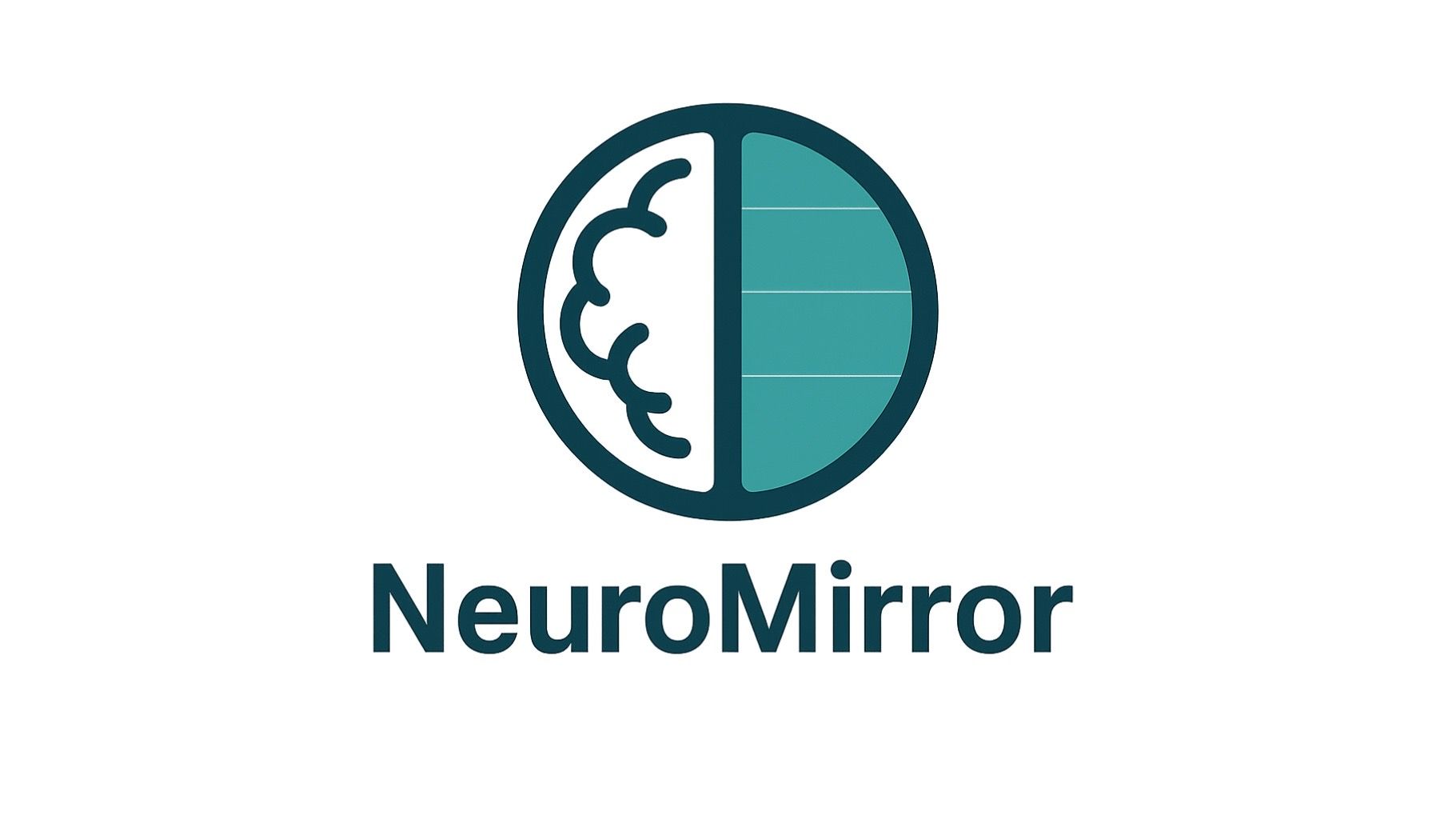Debunking Myths: AI and Autism Therapy
Understanding AI in Autism Therapy
Artificial Intelligence (AI) has made remarkable strides in various fields, and its application in autism therapy is no exception. However, there's a lot of misinformation surrounding this topic. It's crucial to separate fact from fiction to understand how AI truly impacts autism therapy.

Myth 1: AI Replaces Human Therapists
One of the most common myths is that AI will replace human therapists in autism therapy. This is far from the truth. AI is designed to be a tool that complements and enhances the work of therapists, not replace them. While AI can handle repetitive tasks and data analysis, the human touch in therapy is irreplaceable.
Therapists use AI to gather insights and tailor strategies to individual needs, allowing them to focus more on direct interaction and relationship-building with their clients. This collaboration between AI and therapists can lead to improved outcomes in autism therapy.
The Role of AI in Personalized Therapy
AI's ability to analyze large sets of data quickly and accurately enables the development of personalized therapy plans. By understanding patterns in behavior and responses, AI can help therapists create customized approaches for each individual, addressing their specific challenges and strengths.

Myth 2: AI is Too Complex for Practical Use
Another misconception is that AI systems are too complex for everyday use in autism therapy. In reality, many AI applications are user-friendly and designed with simplicity in mind. These tools are developed in collaboration with therapists, ensuring they meet practical needs without requiring extensive technical knowledge.
For instance, some AI-driven apps track progress and provide insights through easy-to-read dashboards, making them accessible for both therapists and parents. This facilitates a collaborative approach to therapy, where all stakeholders have a clear understanding of the individual's progress.
Ethical Considerations in AI and Autism Therapy
As with any technology, ethical considerations are paramount. Concerns about data privacy and the ethical use of AI in therapy must be addressed. Developers and practitioners must work together to ensure that AI tools are used responsibly and that the privacy of individuals is protected.

Myth 3: AI Provides Instant Results
Some people believe that AI can provide instant solutions in autism therapy, but this is misleading. While AI can significantly enhance the efficiency and effectiveness of therapy, it does not offer quick fixes. Progress in autism therapy, with or without AI, requires patience, consistency, and dedication.
AI tools can track subtle improvements and suggest adjustments over time, contributing to gradual but steady progress. It’s important for caregivers and therapists to maintain realistic expectations and continue to invest time and effort into the therapeutic process.
The Future of AI in Autism Therapy
The potential of AI in autism therapy is vast. As technology continues to evolve, AI will likely play an even more integral role in developing innovative therapeutic approaches. The key is to remain informed and critical of new developments, ensuring they are based on evidence and ethical standards.
By debunking these myths, we can embrace the true potential of AI as a supportive tool in autism therapy, ultimately enhancing the lives of individuals on the autism spectrum.
